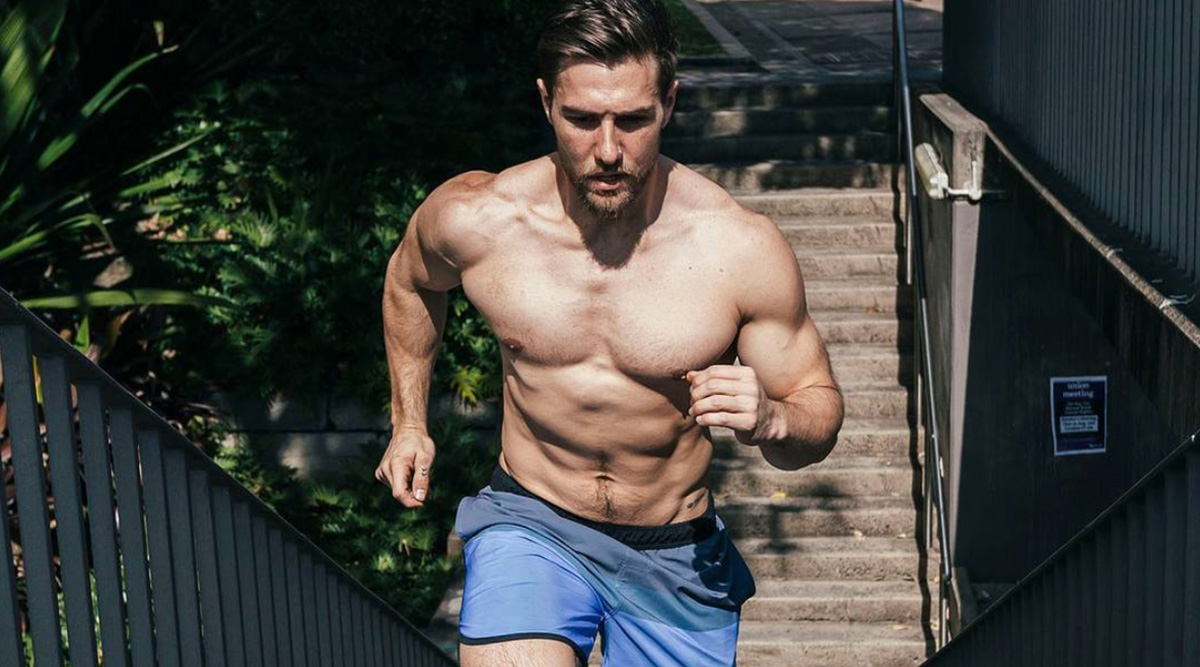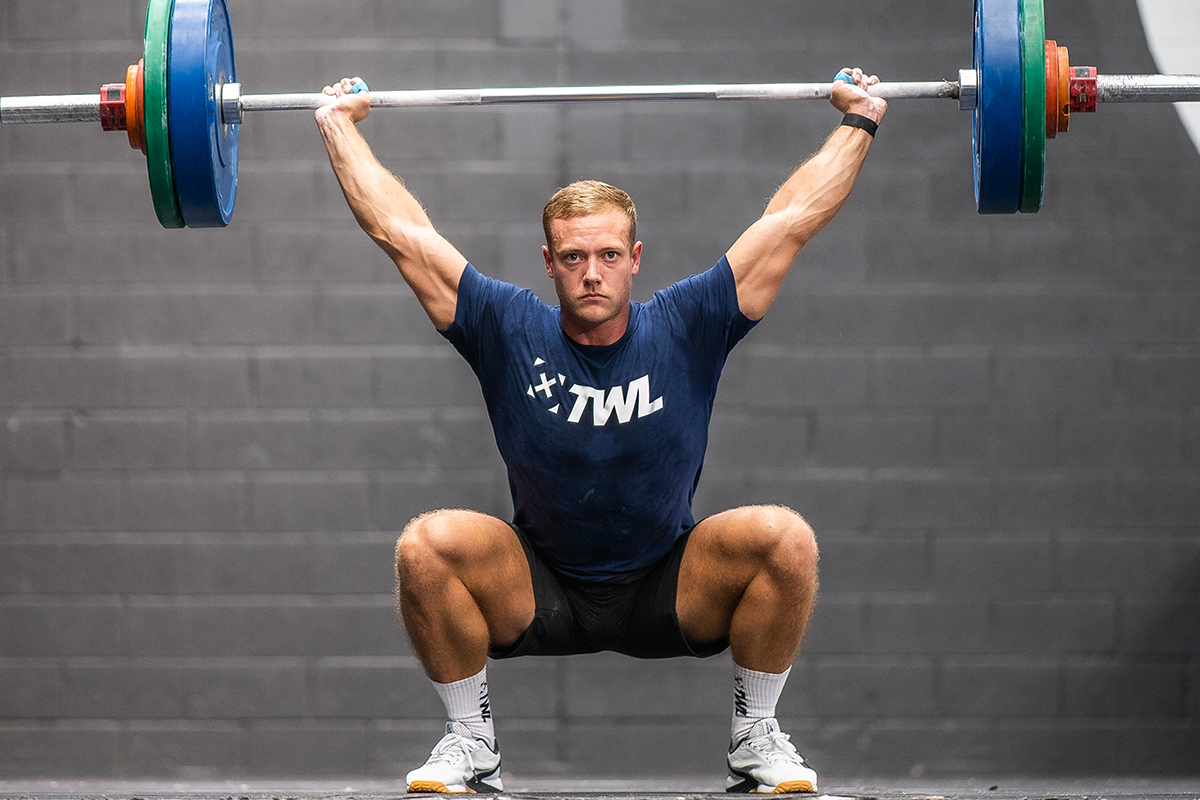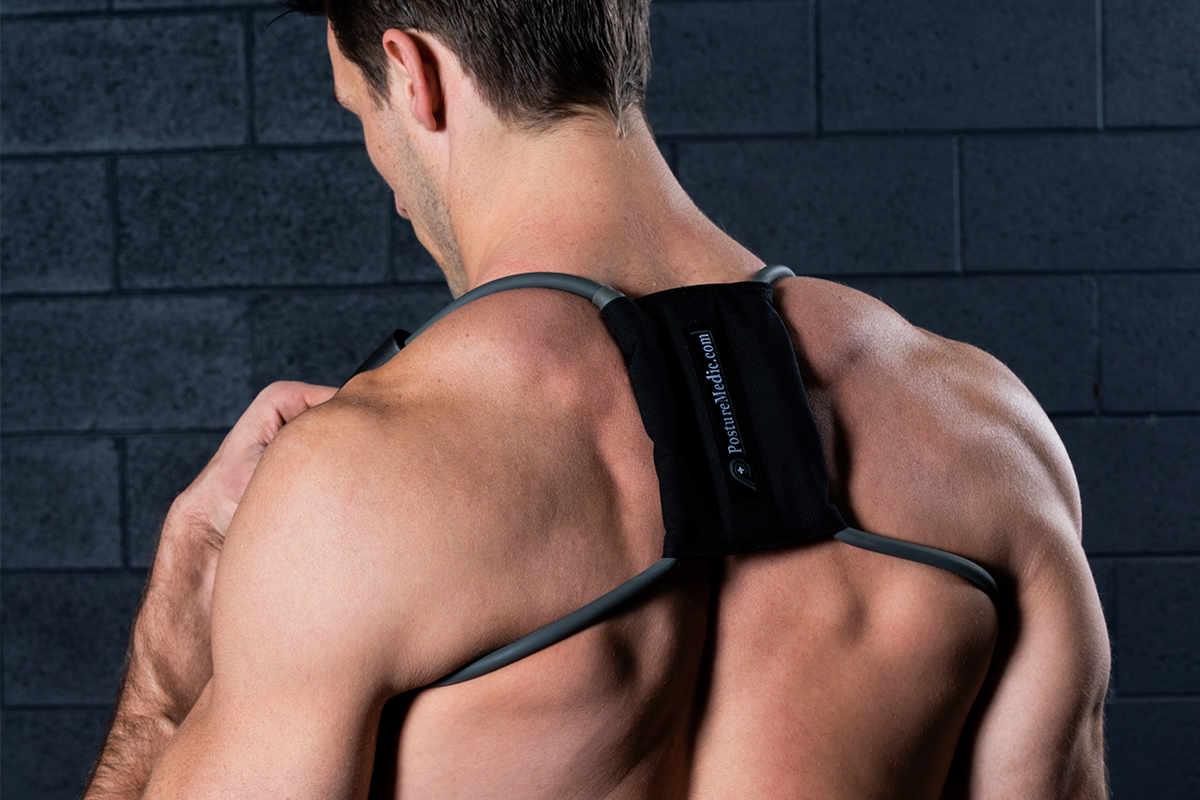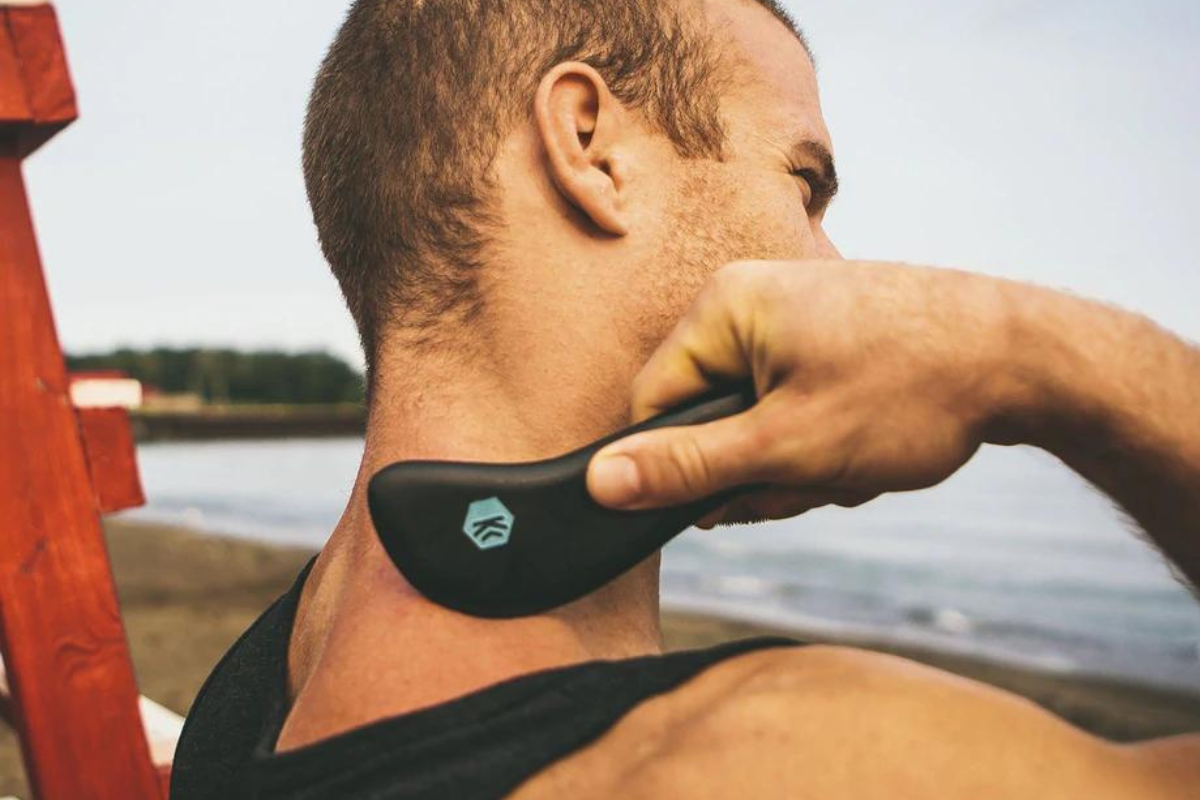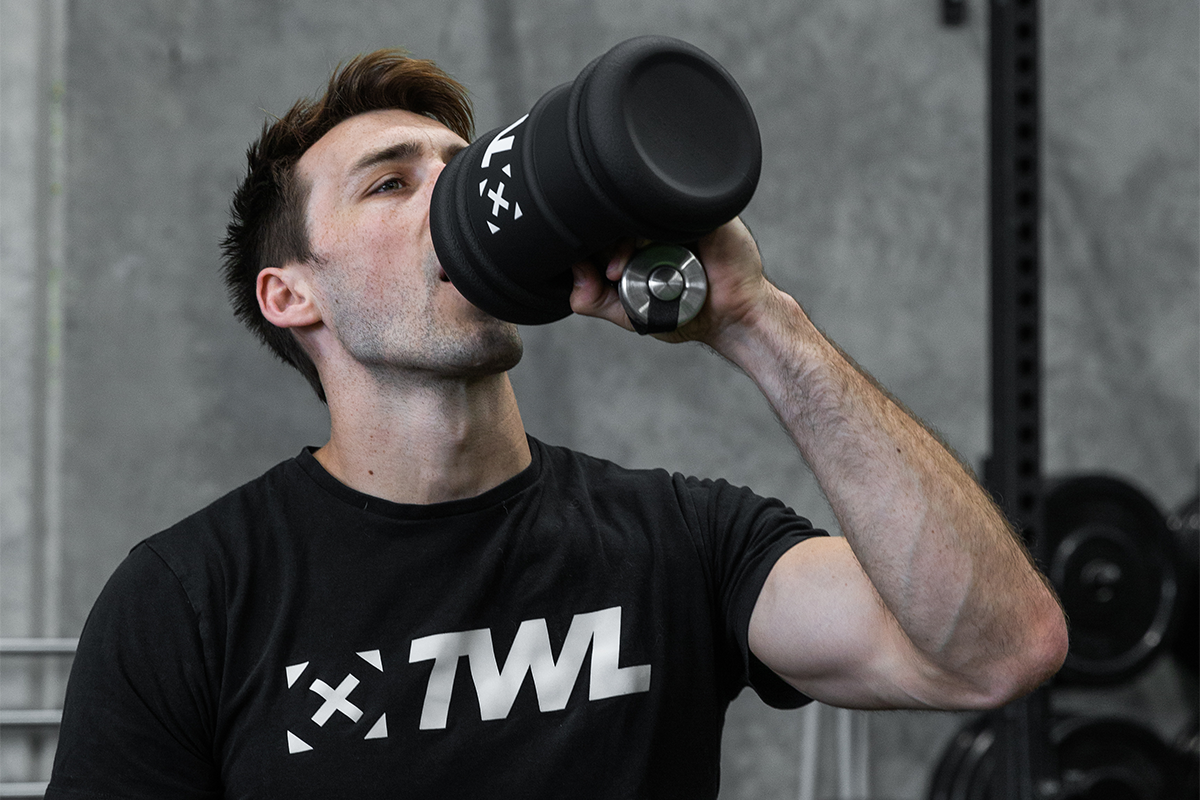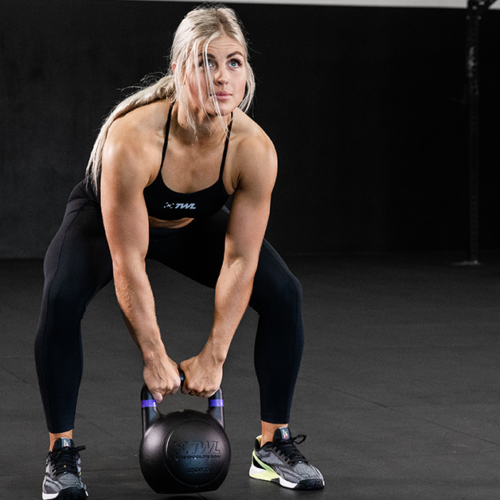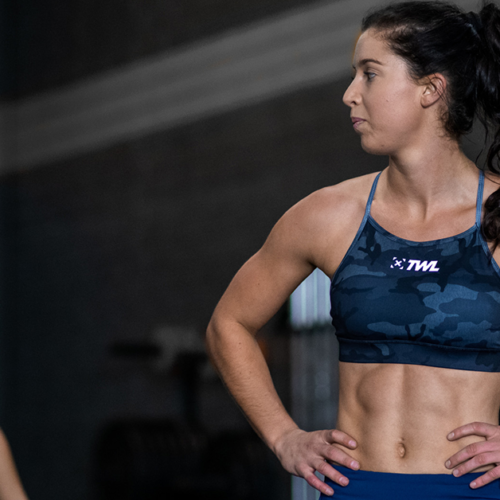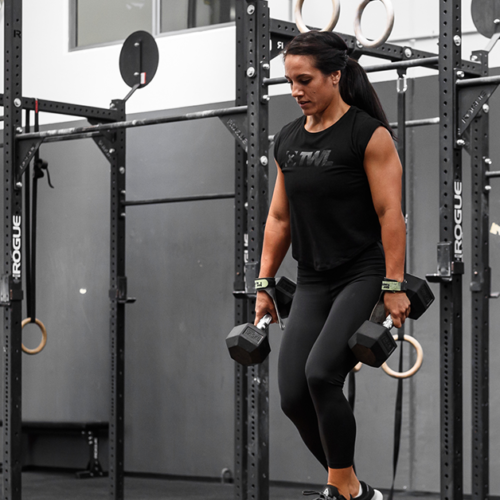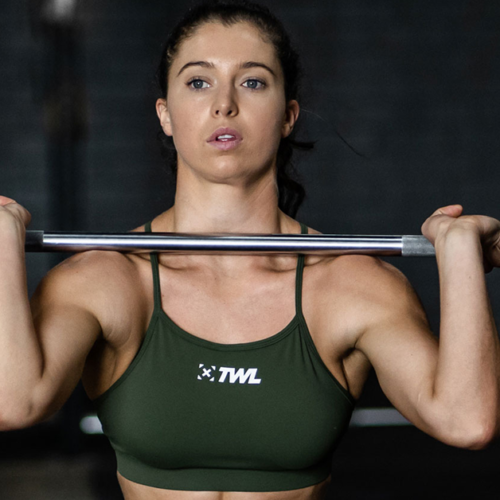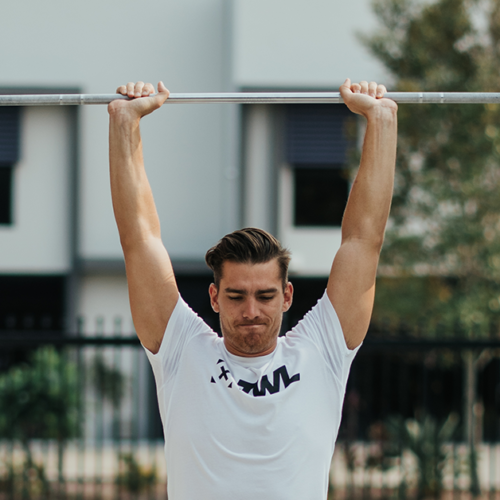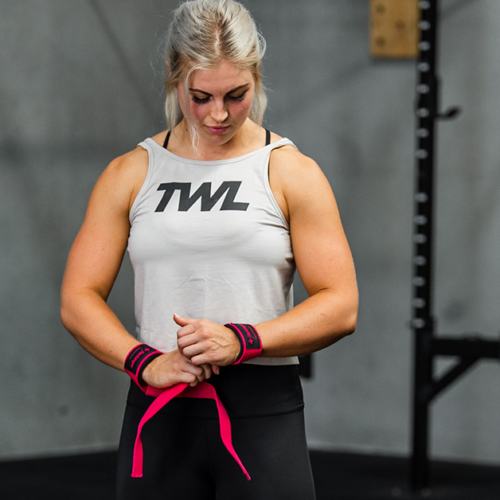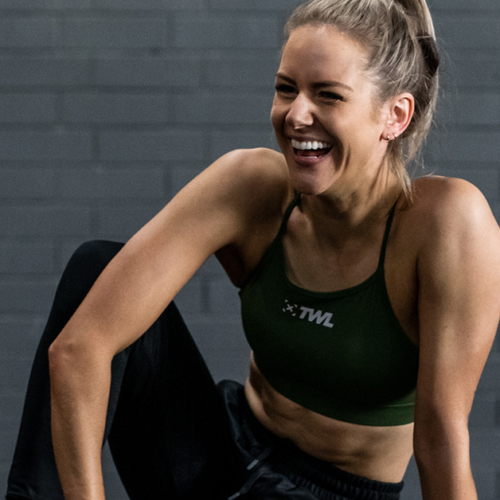Volume, weight and frequency of training are all important, but how well you recover might be even bigger.
Recovery comes in various forms, like sleep, massage, foam rolling and stretching. Adequate nutrition is also non-negotiable. While you should always aim to get what your body needs from whole foods, supplementing picks up where whole foods leave off. Here are five supplements you might want to look into.
1. Protein
It’s no secret protein helps build muscle, but many of us underestimate just how important it is for recovery. One study found that consuming protein (plus carbohydrates — more on that later) during or immediately after exercise improved energy and reduced muscle soreness over the next 72 hours. The more bio-available the source of protein is, the better the body absorption of it. That’s why whey protein is often the most used option.
While many of us opt for a quick protein shake after training, don’t forget you can use protein powder when you bake. We love these chocolate peanut butter protein balls.
2. B Vitamins
According to Harvard Health Publishing, weakness and fatigue are two symptoms of a vitamin B12 deficiency, plus weight loss and a loss of appetite, says the U.S. Department of Health and Human Services. This happens because lacking this nutrient makes it harder for your body to produce red blood cells. Considering your body can’t make this on its own, it needs to come from food or supplements. If you fail to get enough B12, recovery could be quite a challenge.
3. ZMA
ZMA is a supplement that consists of zinc, magnesium and vitamin B6. It’s often used by athletes to ensure a deeper level of REM sleep and thus better recovery at night. One study done back in 2000 on football players even suggested (among other things) an increase in muscle mass by 2.5%. ZMA is an affordable supplement and should be taken 30 to 60 minutes prior to bedtime. A word of caution: people sometimes report strange dreams as a side effect.
4. HMB
HMB stands for ß-Hydroxy ß-methylbutyric acid, which is a metabolite of the amino acid leucine. This supplement was particularly popular back in the ’90s but lost its appeal mostly due to the high price tag. Today, HMB is more affordable and available on store shelves. Studies have suggested HMB could help prevent muscle breakdown.
5. Carbohydrates
For those of you who think carbs are the devil, keep in mind they are vital for your performance as an athlete.
The most common form of carbohydrate supplements is easily digestible maltodextrin. During exercise, your body uses up glycogen, a type of glucose that is stored in the muscles to be readily available. Depending on the intensity of the training, your glycogen levels can get quite depleted and later need to be replenished.
If your levels were already low to begin with, you can hit the infamous wall during a workout. If you want to plan your carbohydrate intake more efficiently, it’s best to have carbohydrates right after your workout. This study suggests consuming protein with carbohydrates can result in a glycogen absorption twice as fast as having carbohydrates alone.

